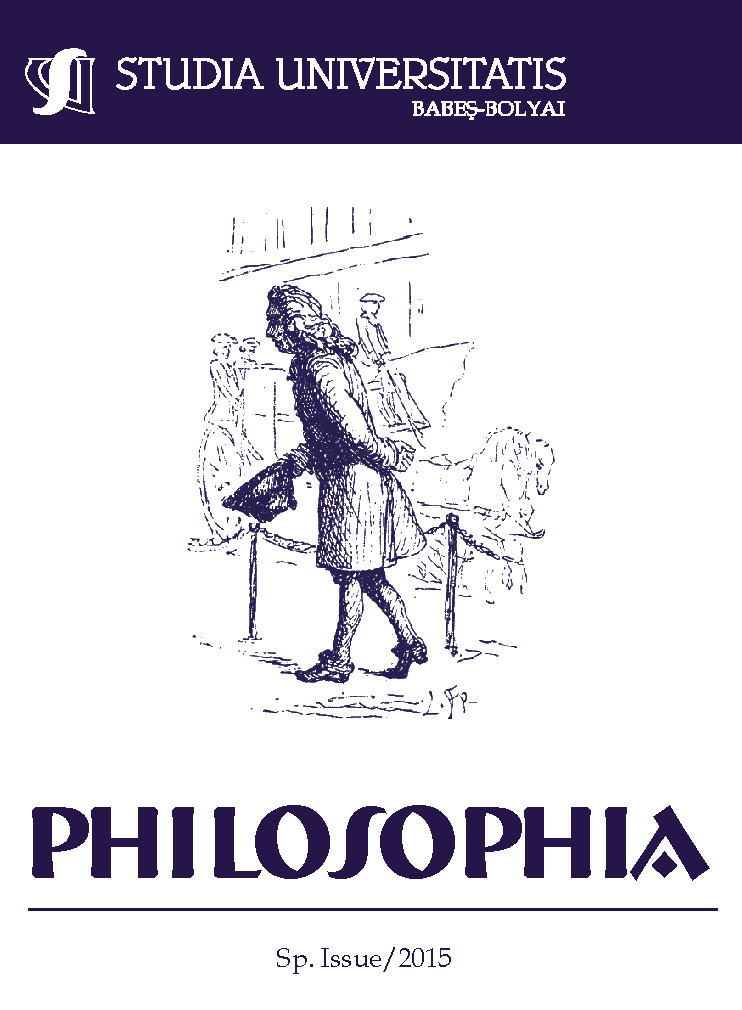THE CONSTITUTION OF TIME IN HUSSERL
Keywords:
time, constitution, consciousness, intentionality, retention, protention, transcendental phenomenology, HusserlAbstract
The Constitution of Time in Husserl. One of Husserl’s fundamental idea is that time is not an object and is not given to knowledge as a simple object. Being involved in the constitution of the flow of consciousness, time cannot be analysed like other objects of knowledge. Consciousness itself is structured in a temporal way. In the absolute flow of consciousness, this temporality has a synthetic unity with the rest of the intentional features of consciousness. It represents for Husserl a passive synthesis that characterizes the intentional life of the transcendental subjectivity.[1] This specific form of temporality that characterizes the transcendental life of the subject has a constitutive dimension that we will discuss.
[1] Cf. Al. Schnell, Husserl et les fondaments de la phénoménologie constructive, col. Krisis, Ed. Milon, 2005.
References
Bernet, R, Conscience et existence. Perspectives phénoménologiques, Paris, PUF, 2004.
Husserl, Ed., Ideas Pertaining to a Pure Phenomenology and to a Phenomenological Philosophy I, General Introduction to a Pure Phenomenology, Martinus Nijhoff Publishers, 1983.
Husserl, Ed., Leçons pour une phénoménologie de la conscience intime du temps, PUF, 1996.
Husserl, Ed., On the Phenomenology of the Consciousness of Internal Time, Kluwer, 2010.
Renaud, Barbaras, Introduction à la philosophie de Husserl, Vrin, 2003.
Schnell, Al., Husserl et les fondaments de la phénoménologie constructive, col. Krisis, Ed. Milon, 2005.
Schnell, Al., Le temps, Vrin, 2007.
Downloads
Published
How to Cite
Issue
Section
License
Copyright (c) 2015 Studia Universitatis Babeș-Bolyai Philosophia

This work is licensed under a Creative Commons Attribution-NonCommercial-NoDerivatives 4.0 International License.





